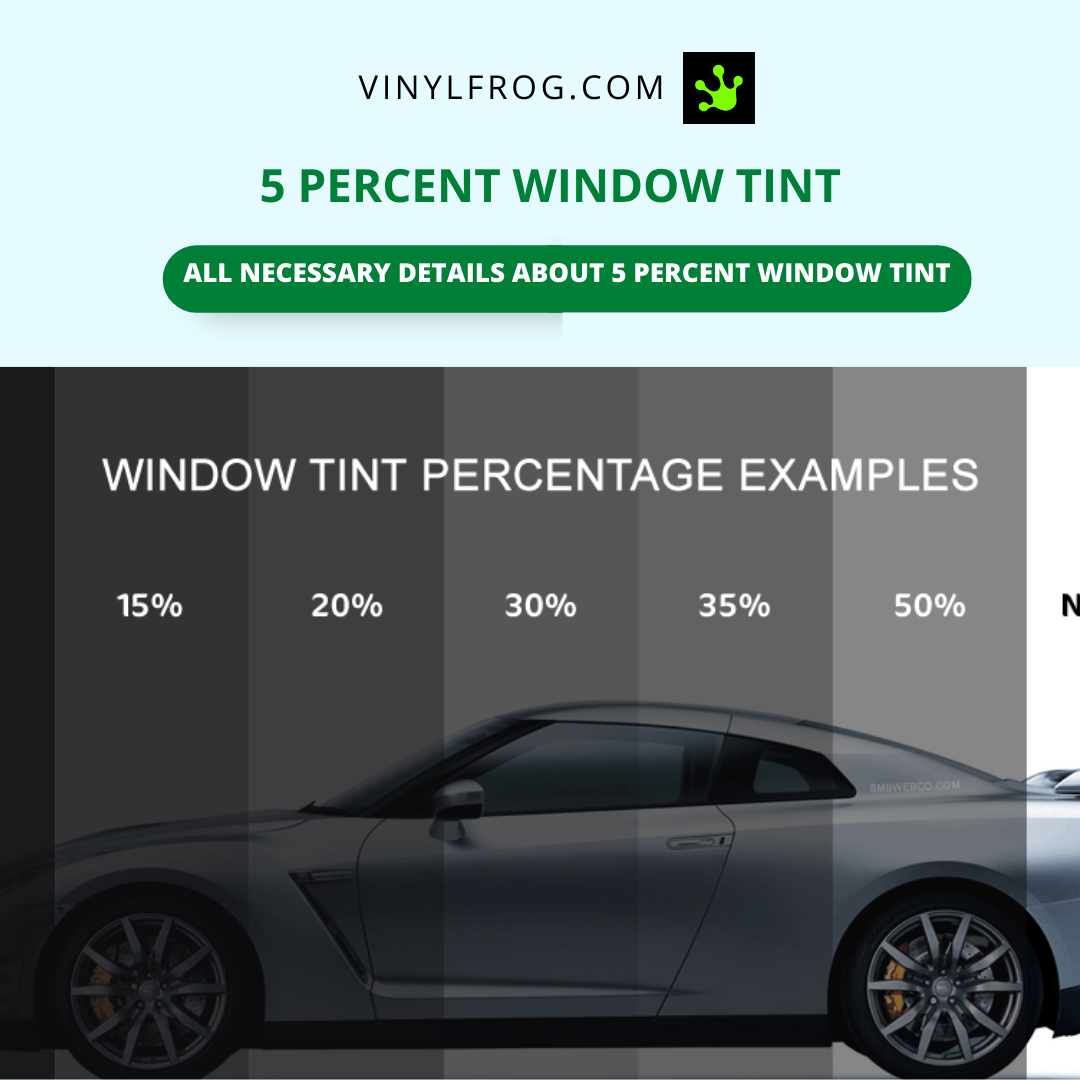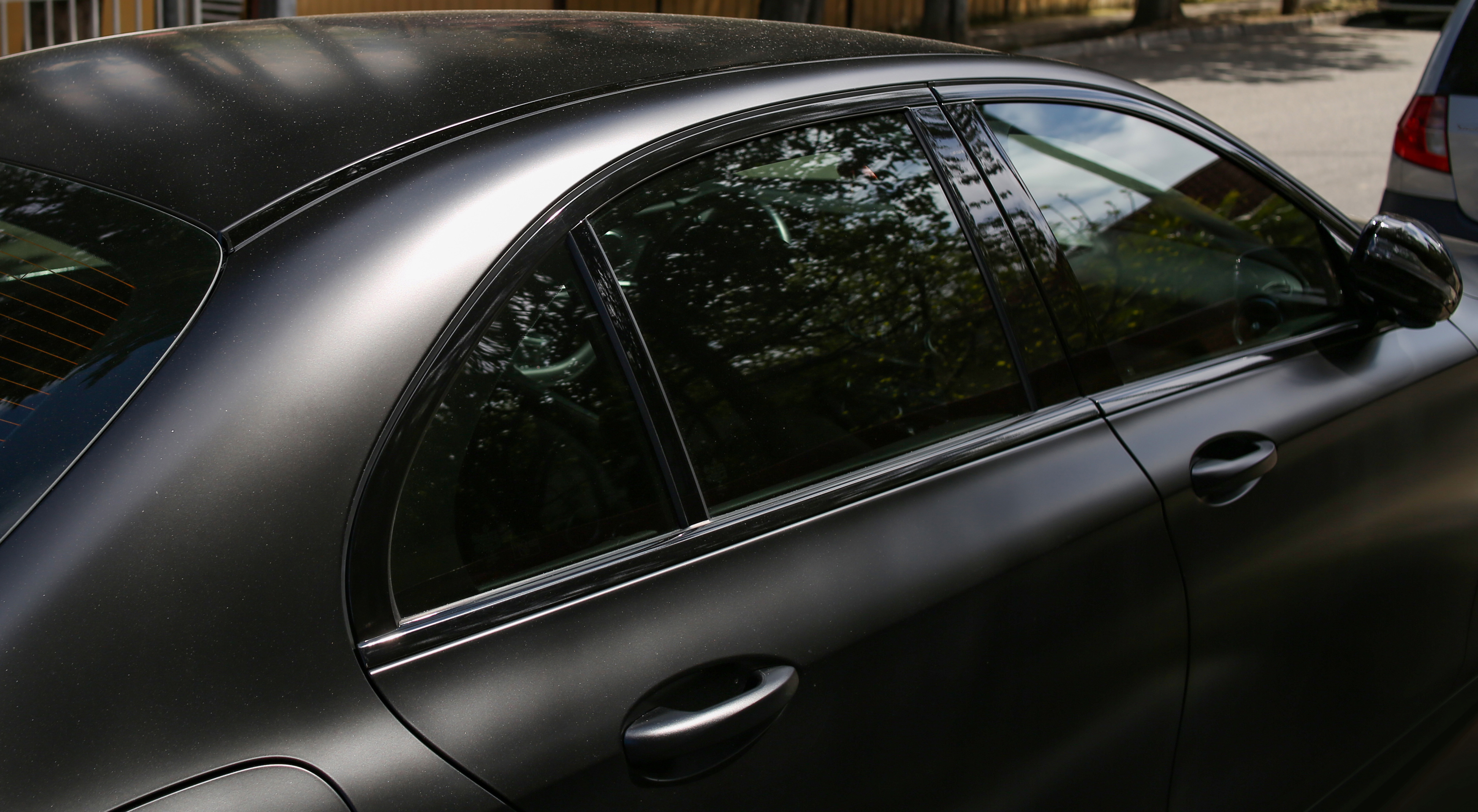Automobile Window Tinting: Locate the most effective Bargains and Top Quality Services Nearby
Automobile Window Tinting: Locate the most effective Bargains and Top Quality Services Nearby
Blog Article
Window Tinting Regulations and Guidelines: What You Need to Know Prior To Tinting Your Vehicle
Before continuing with window tinting for your automobile, it is vital to acquaint on your own with the diverse laws and guidelines that regulate this practice across different states. These policies determine the permissible levels of color darkness, frequently measured by noticeable light transmission (VLT) percents, and consist of specific specifications for front windscreens intended at guaranteeing road security.
Introduction of Home Window Tinting Rules
Window tinting laws are regularly based on variant across various territories, reflecting local regulations and safety and security considerations. These legislations dictate the permitted degrees of tint darkness and reflectiveness on lorry windows, ensuring that chauffeurs keep sufficient visibility while also securing against dangerous UV rays and heat.
A lot of laws categorize home window tinting based on the Visible Light Transmission (VLT) percentage, which indicates the amount of light that can go through the home window. Generally, lower VLT portions indicate darker tints. Laws commonly distinguish between the front, side, and back windows, with more stringent limitations put on the front windshield to improve safety for both the chauffeur and various other roadway customers.
Compliance with home window tinting laws is essential, as infractions can result in fines, required elimination of the color, and prospective increases in insurance premiums. It is important for automobile proprietors to acquaint themselves with neighborhood regulations before proceeding with home window tinting installments.
State-by-State Tint Laws
Understanding the particular window tinting policies in each state is essential for lorry owners seeking to follow the law. Each state in the U.S. has actually developed its own set of rules regulating home window tinting, which can vary dramatically. These policies frequently dictate the allowed degrees of tint darkness, the kinds of windows that can be tinted, and any medical exemptions that may apply.
For example, states like California have strict constraints on color darkness for front windows, while others, such as New Mexico, might enable darker colors. In addition, particular states mandate details presence portions for different windows, including the windshield, front side windows, and rear home windows. It is critical for car proprietors to familiarize themselves with their state's legislations to prevent prospective penalties or fines.
Additionally, some states may need a qualification sticker label to be put on colored windows, suggesting compliance with state legislations. Failure to stick to these regulations not just risks lawful consequences but can also affect safety and visibility while driving. Lorry proprietors should perform complete research study or consult neighborhood authorities to make certain full understanding and compliance with state-by-state color regulations.
Allowed Tint Types and degrees
Lots of automobile proprietors might be surprised to find out that allowed color levels and kinds differ extensively across various states. Each state has developed its own laws pertaining to the allowable darkness and reflectivity of window color, usually measured by Visible Light Transmission (VLT) percents. VLT refers to the amount of light that can travel through the tinted windows; therefore, a lower portion shows a darker color.

Furthermore, the kinds of tint products enabled can vary, with some states forbiding metal or mirror-like surfaces. It is important for car proprietors to familiarize themselves with their state's certain regulations to make sure conformity. Non-compliance can cause penalties, obligatory removal of the color, or various other legal consequences, making it important to understand these guidelines prior to continuing with installment.
Medical Exceptions for Tinting
While not all states offer allowances for medical exceptions pertaining to home window tinting, those that do recognize the necessity for particular individuals to boost presence and comfort due to clinical conditions. Various clinical problems, such as lupus, skin cancer cells, and particular eye disorders, can provide individuals especially conscious sunshine. Subsequently, these individuals might call for darker tints to protect themselves from hazardous UV rays and glare.

It is very important to keep in mind that also with a medical exception, there may still be limitations on the degree of color allowed. Compliance with state legislations makes certain that individuals are both safeguarded and within lawful limitations. Those taking into consideration clinical exceptions need to call their neighborhood Department of Motor Autos or equal authority to comprehend the treatments and requirements necessary to look for an exception successfully.
Charges for Non-Compliance
Stopping working to abide by home window tinting regulations can bring about substantial charges, which differ by state. Law enforcement firms are encouraged to issue citations for lorries that do not follow the defined tinting policies. These fines generally consist of fines, which can vary from modest total up to a number of hundred dollars, depending on the extent of the violation and the state in question.
In some territories, repeated offenses may result in escalating fines or additional penalties, such as required court appearances. In addition, non-compliance might require the elimination of unlawful tinting, often at the proprietor's cost. In extreme cases, habitual culprits might deal with suspension of their automobile registration up until conformity is accomplished.
Additionally, insurance ramifications might develop from obtaining numerous citations for window color offenses. Insurance firms may check out such infractions as a sign of riskier actions, great post to read possibly leading to boosted costs or difficulty in protection.
To stay clear of these charges, it is important for lorry owners to familiarize themselves with their local home window tinting legislations and make sure that their vehicle complies (Window Tinting). This aggressive method not just prevents legal ramifications yet also promotes roadway safety and security
Conclusion

The majority of policies classify home window tinting based on the Visible Light Transmission (VLT) percentage, which shows the quantity great site of light that can pass with the window. Conformity with window tinting regulations is vital, as infractions can result in penalties, mandatory removal of the tint, and potential rises in insurance coverage costs.Recognizing the specific window tinting laws in each state is crucial for automobile owners looking for to conform with the legislation. These policies typically dictate the allowable degrees of color darkness, the kinds of home windows that can be tinted, and any clinical exceptions that might use.
For circumstances, states like The golden state have rigid constraints on color darkness for browse around these guys front windows, while others, such as New Mexico, might allow darker colors.
Report this page